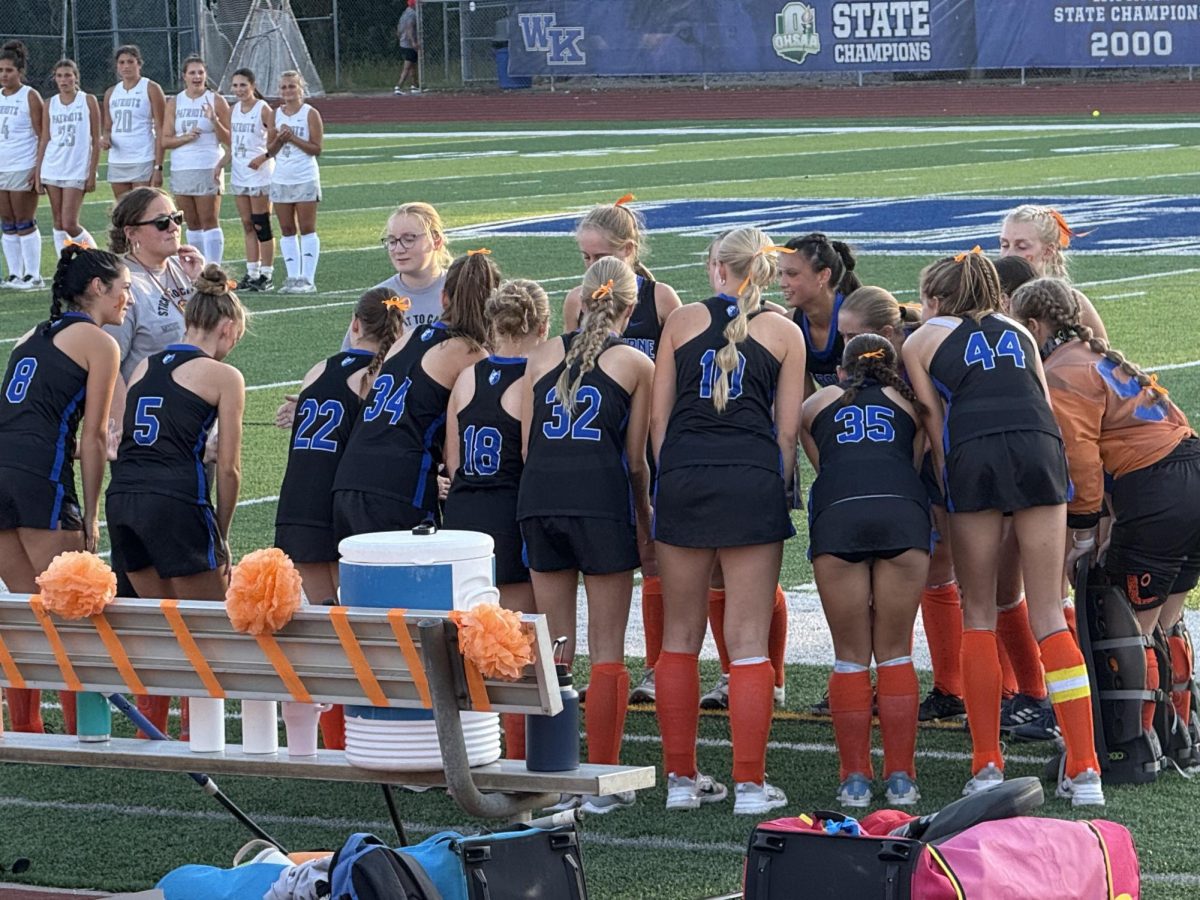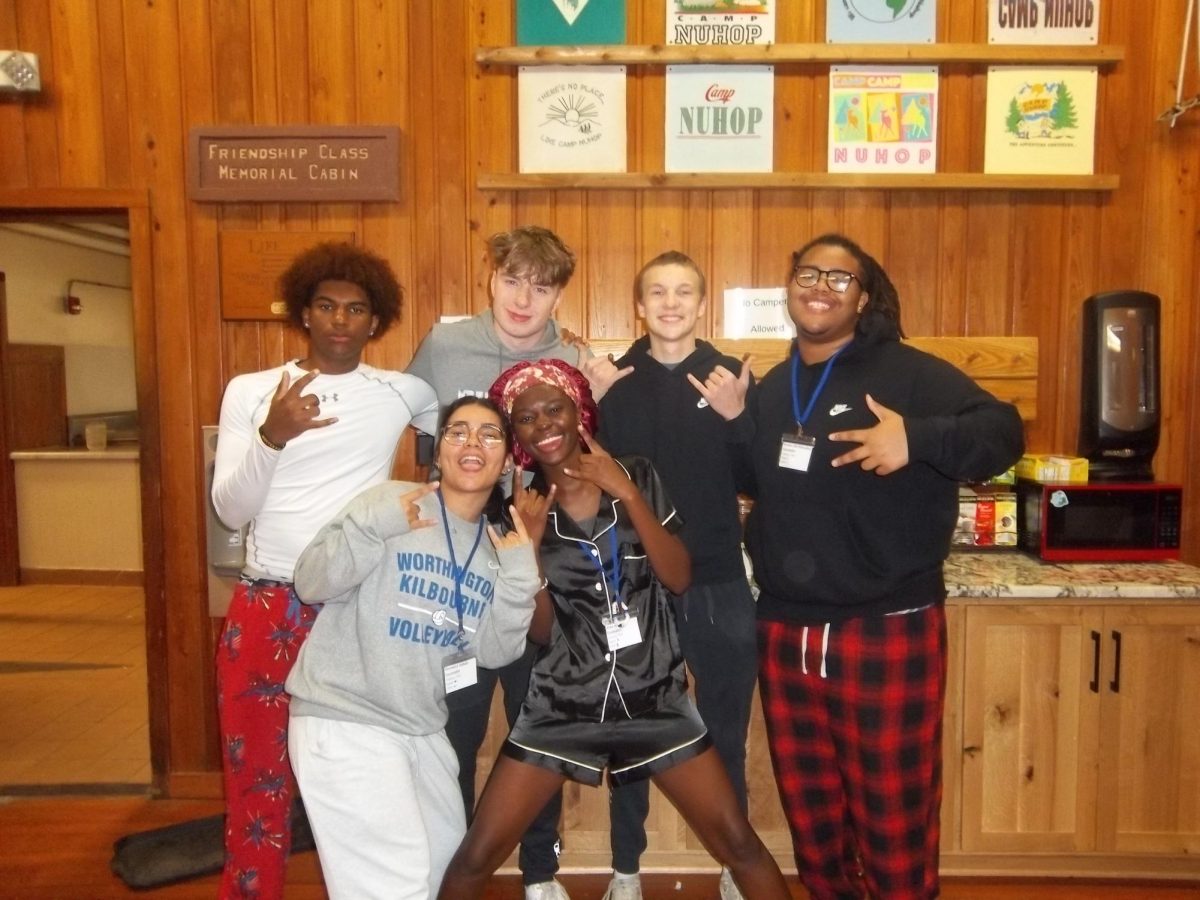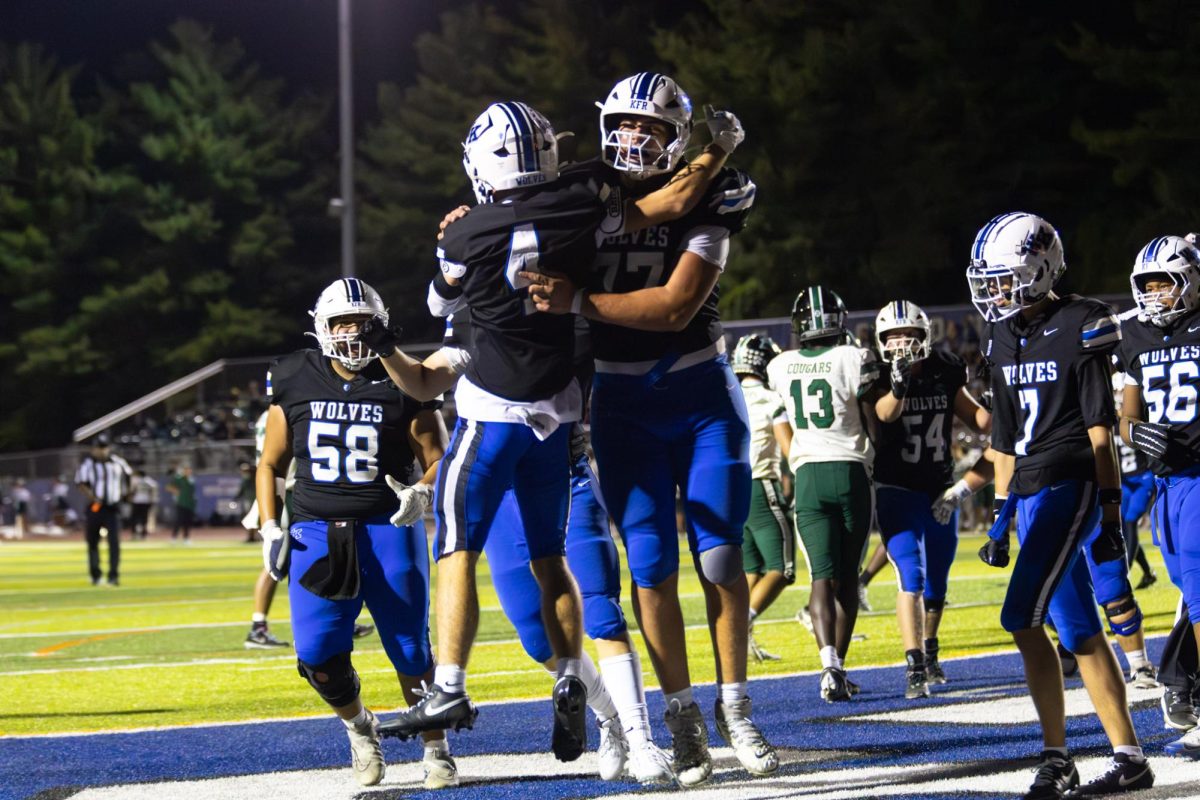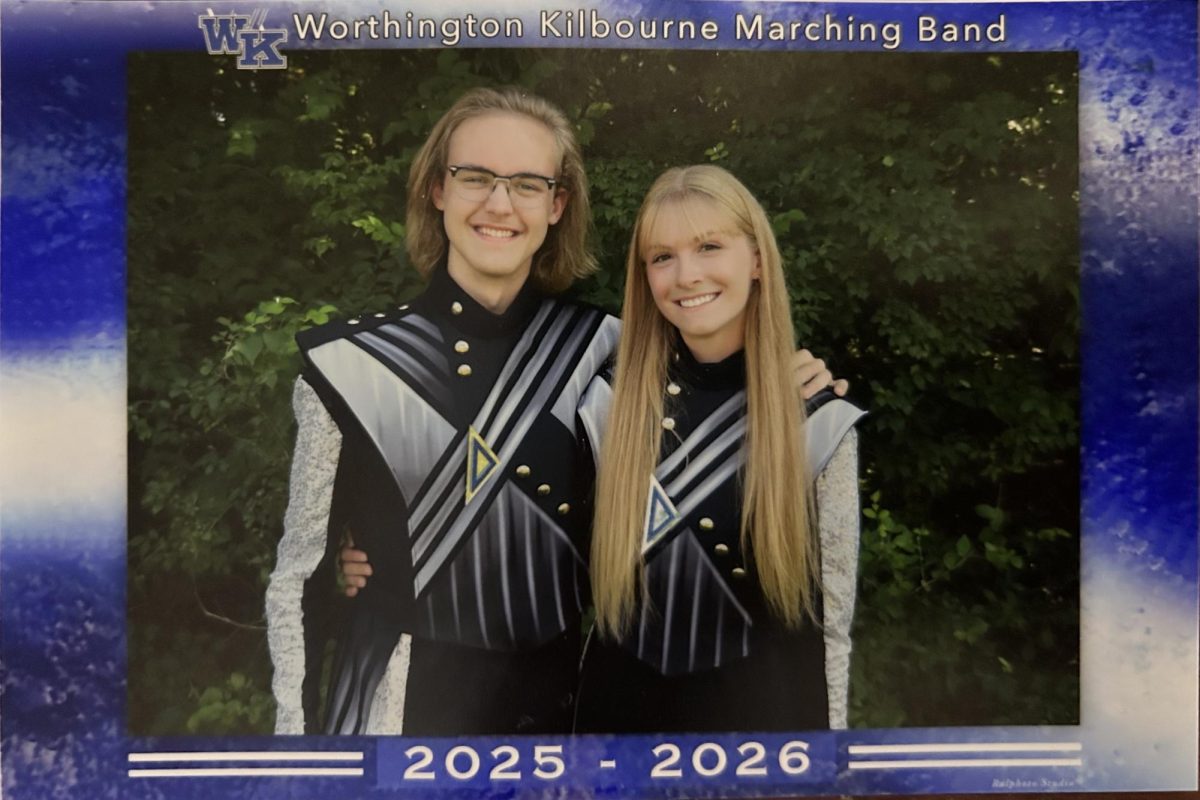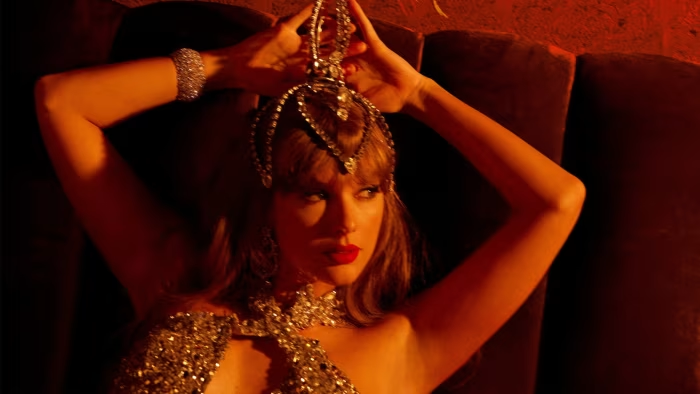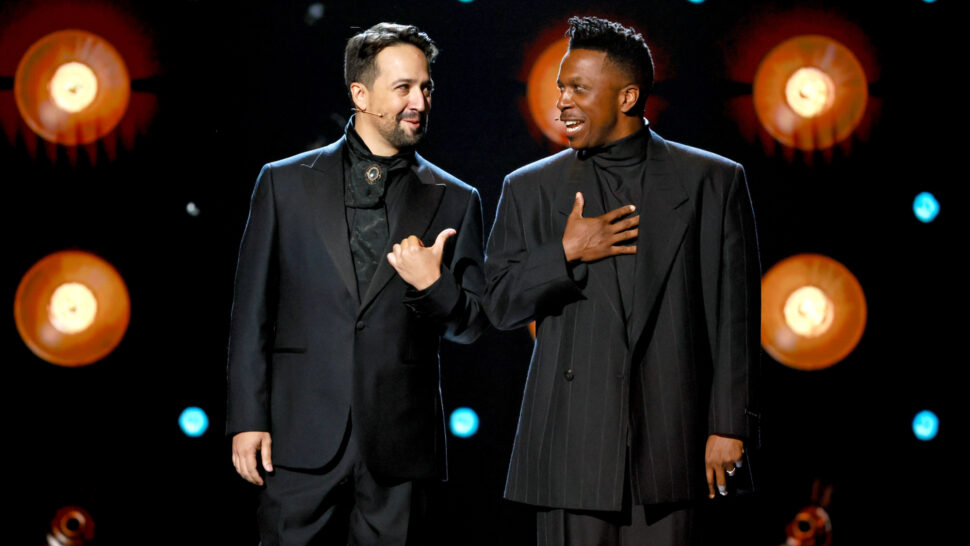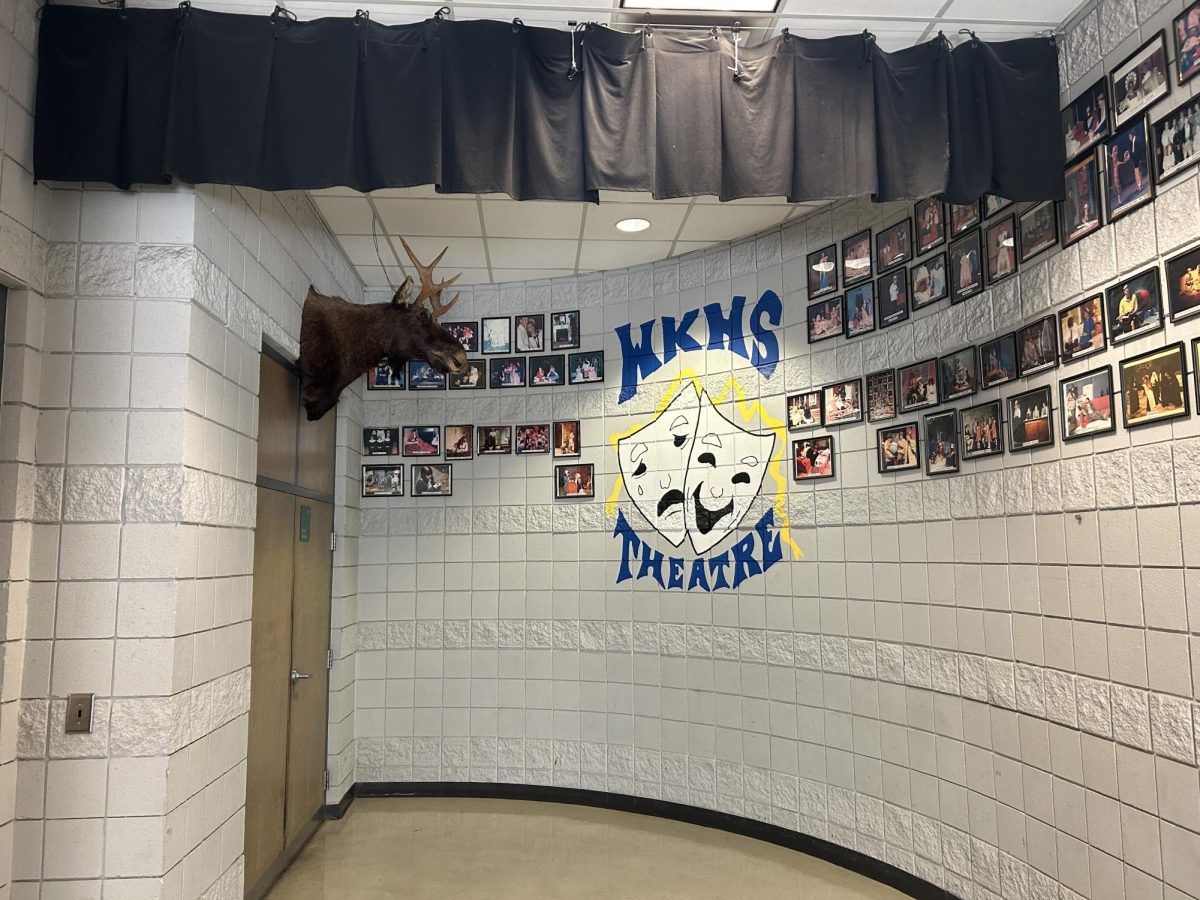When you think of theatre program, it is easy to remember the large productions and lead roles of the past, but roles like stage managers are often overlooked. Without stage managers, the large and successful productions of WKHS Theatre would not be possible. Ethan Bevington is a stage manager for Theatre’s upcoming November show, and he shares about his experiences and his role as a stage manager.
As a Senior, this production will be Bevington’s 4th time stage managing at Kilbourne and 6th time in total, due to experience outside of Kilbourne. Through all of this experience, it is safe to say that Bevington has mastered stage managing.
It is clear to an audience that the lead roles are heavily involved in rehearsing for the production, but the role of stage managers is often unseen to an audience. However, Bevington shared about his roles that are certainly noticed by the cast. In regards to rehearsals, Bevington is in charge of “writing down and blocking for everyone in the show, writing all light and sound cues into the script as well as onto the cue sheet, taking attendance for every rehearsal, playing instrumental or vocal tracks, checking on tech crew to make sure everyone is on task and making progress, communicating details and announcements, communicating concerns with the director, creating a GroupMe for the show and adding the cast, creating a to-do list for the show, sharing line notes, making sure all costumes, props, and set pieces are back where they belong, and keeping the entire company organized.”
Based on Bevington’s description, it is clear that a stage manager serves as a buffer between all parties that are involved in putting on a good show. He works to communicate between the cast, crew, and director. Even after that, he has other roles that he has to take care of that clearly require great organizational skills that many people lack. Being a stage manager clearly requires organization, experience, and communication skills.
Though there are many duties during rehearsal, the work is far from over when showtime comes. In regards to his work during the show, Bevington informs us that he is in charge of “calling cues, collecting everyone’s phones, deciding when the show starts, giving a speech to the audience before the show, keeping everyone calm and focused, fixing anything that happens to keep the show running smoothly, and decorating the moose head outside the black box for the show.”
In Bevington’s words, “A stage manager’s job isn’t just to lead the company, call cues, or take notes. It’s about helping people however you can, whether that be teaching someone what they missed, helping them practice lines, or comforting someone when they are anxious or need to step away.”
When asked why he loves stage managing, Bevington said it is “a really engaging job. I love solving problems, getting to check with and work with everyone, and I enjoy getting to see every aspect of the show come together. It’s really unlike anything I’ve ever experienced.”
After putting so much work into something that you are passionate about, the art of it coming together is a rewarding process. “Stage managing has been the most rewarding experience of my life, and I can contribute all of my success in life to my first time stage managing,” Bevington shares. He explained how stage managing has allowed him to branch out, making more friends and becoming more comfortable talking to other people. Theatre has allowed him to make memories that he is very fond of and friendships that will last for a long time.
It is clear that Bevington’s role as a stage manager has not only contributed greatly to the theatre program, but it has contributed to his own growth as a student and a person. Now, he plans to attend college for a BFA in Theatre Technologies with specialization in stage management, although still hopes to continue directing and designing costumes.
Bevington leaves us with: “I can’t express how passionate I am about stage management and the effect it can have on people. Stage managing quite literally changed the direction of my life, and after doing every type of technical role, I can confidently say it’s the most fulfilling job in theatre.”






